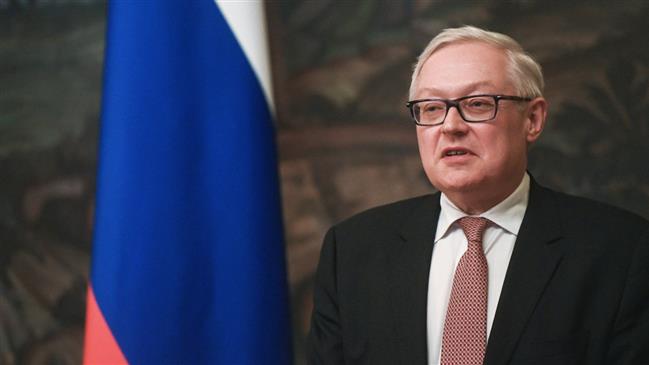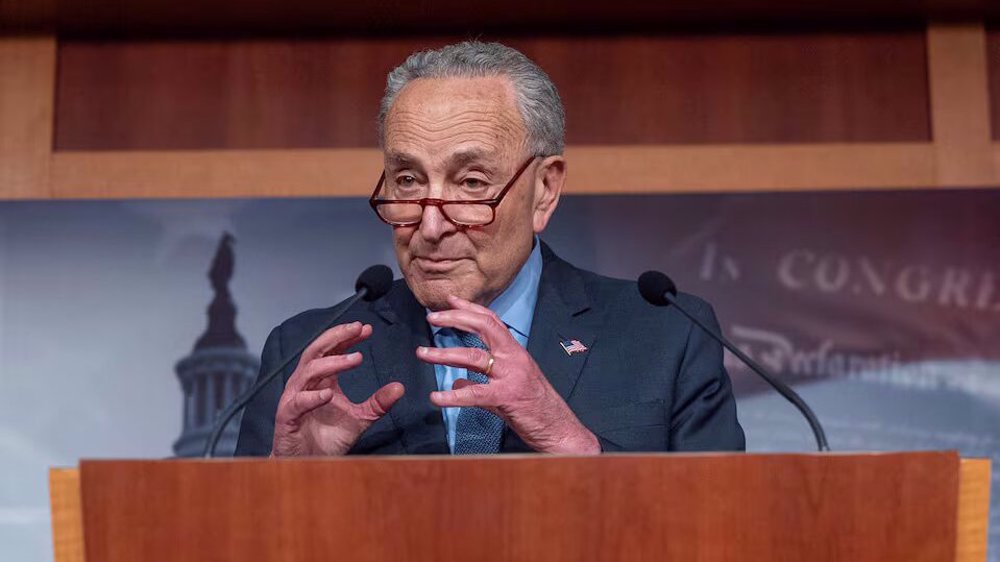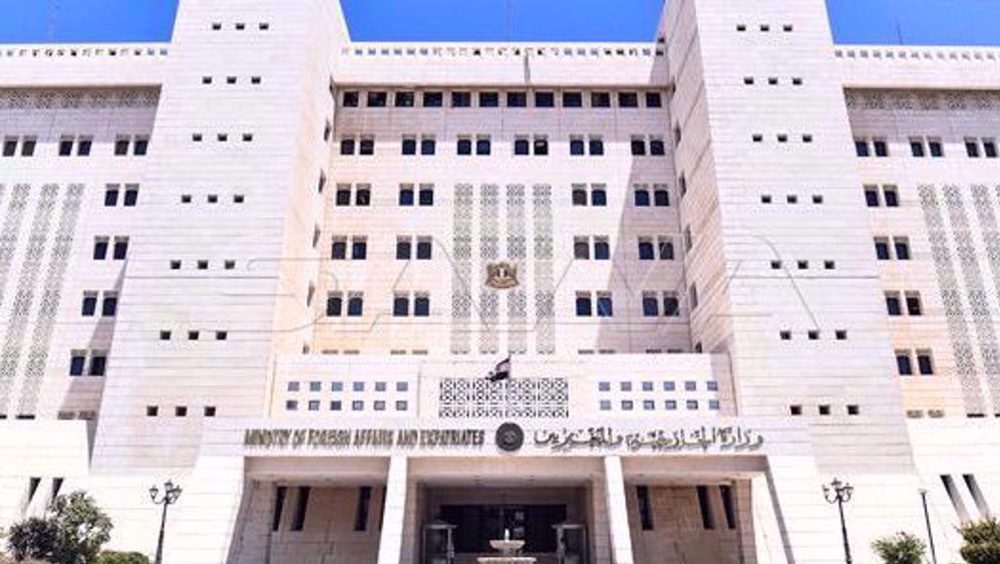Russia not optimistic about future of nuclear arms pacts with US
The recent surge in tensions between the United States and Russia threatens critical treaties put in place to prevent a nuclear arms race, a senior Russian official has warned.
Sergei Ryabkov, Russia’s Deputy Foreign Minister, told the media on Wednesday that a “complete malfunction of the American system” meant longstanding agreements could become null.
“We could lose several elements on arms control infrastructure,” Ryabkov said in an interview, according to the Financial Times. “The building is shaky.”
The top official made the remarks on the sidelines of a meeting between experts from the two countries in Geneva to discuss a Cold War era treaty that was supposed to keep expansion of long-range nuclear-capable missiles in check.
Moscow and Washington have repeatedly accused each other of breaching the Intermediate-Range Nuclear Forces (INF) Treaty, a 1987 agreement between the US and Soviet Union which banned firing land-based missiles with a range of up to 5,500km.
Read More:
In October, the US ambassador to NATO warned Moscow against developing a new cruise missile that could be armed with nuclear warheads, arguing that it was in breach of the INF and could be used against members of the Western military alliance.
“Counter measures (by the United States) would be to take out the missiles that are in development by Russia in violation of the treaty,” Kay Bailey Hutchison said at a news conference in Brussels. “They are on notice.”
The US government took a more aggressive line against Russia this year, when President Donald Trump unveiled a new nuclear strategy that revolved around countering Russia and called for the development of small tactical nuclear weapons that were cheaper to maintain and could be used in more realistic scenarios.
The Trump administration has also accelerated long-running US military plans to develop new intercontinental ballistic missiles (ICBMs) and nuclear-capable cruise missiles.
This is while ties between the two sides were already strained over the crisis in Ukraine, the conflict in Syria and allegations of Russian meddling in US elections.
“We have a situation that is much, much worse than even during the most heated moments, or rather the coldest moments, of the past,” Ryabkov said.
Besides the INF, the US and Russia entered another agreement in 2011 called the New START, which limits the number of deployed ICBMs, submarine-launched ballistic missiles, nuclear armed bombers, and nuclear warheads.
Russia sees West as adversaries, not friends
Elsewhere in his remarks, Ryabkov said Moscow was not concerned about the growingly negative rhetoric coming from the West because it viewed Western governments as “adversaries.”
“We do not believe that the broader west . . . are friends with us. Rather, we see the west as an adversary that acts to undermine Russia’s positions and Russia's perspective for normal development,” Sergey Ryabkov, Russia’s Deputy Foreign Minister, told reporters on Wednesday. “So why should we care so much about our standing among adversaries?”
Moscow has long been at odds with the West over a series of issues, from the 2014 reintegration of the Crimean Peninsula to Russia's military campaign in Syria to a series of cyberattacks that Western countries insists are originating from Russia.
Tensions between the two sides took a new turn earlier this year, when the UK blamed the Russian government of attacking former double-agent Sergei Skripal in Salisbury, an allegation that the Kremlin has dismissed as “Russophobic hysteria.”
'It was not a strike': Iran FM dismisses Israeli weapons as 'children toys'
The struggles of Occupied Palestine
Saadi Day: Ayatollah Khamenei exalts great Persian poet
Iran’s Civil Defense examines country’s preparation for potential threats
FBI chief: Chinese hackers targeting critical US infrastructure
New York Times leaked memo on Gaza coverage reveals obfuscation of facts
VIDEO | Press TV's news headlines
Barbados officially announces recognition of Palestine as state












 This makes it easy to access the Press TV website
This makes it easy to access the Press TV website